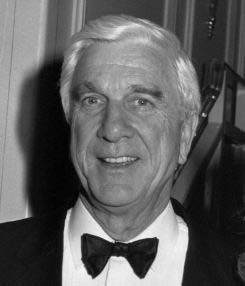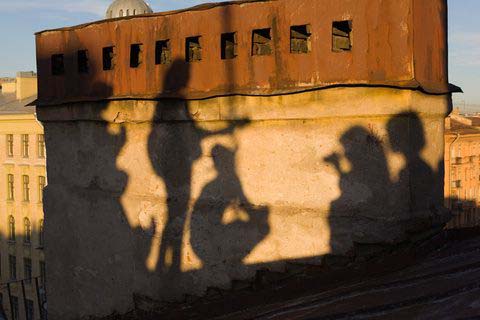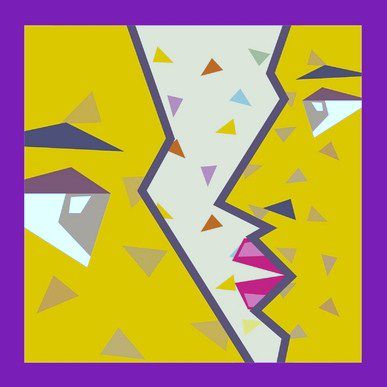
The Self as Hidden Treasure in Jungian Psychotherapy
Jungian case studies and Jungian analysis put a high value on the uniqueness of the individual, and on the treasure that is the inmost Self. Jungians see symbollic reflection of the value of the Self as hidden treasure in many texts from the world's artistic,…









